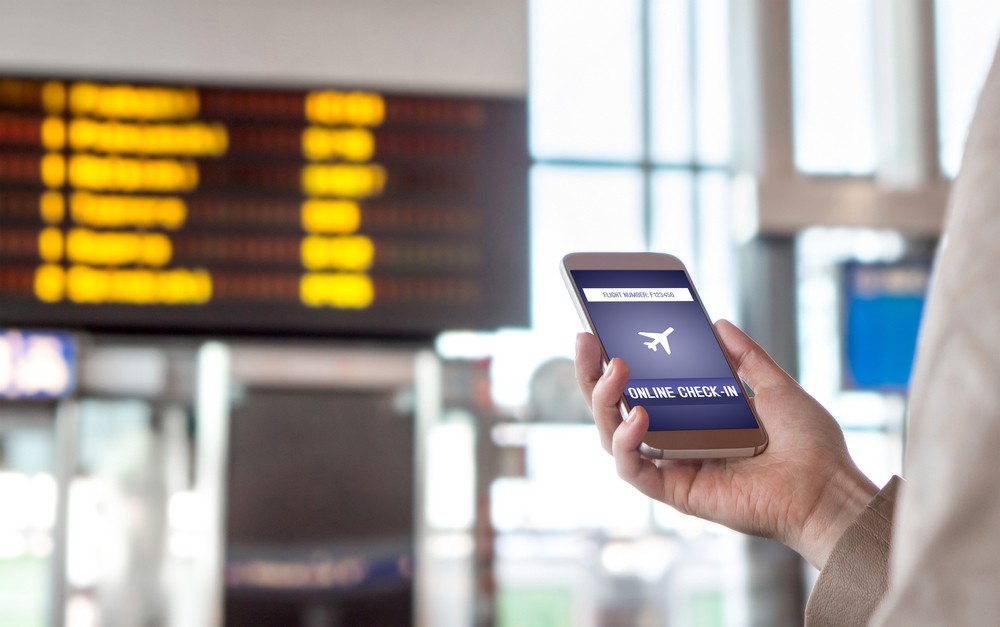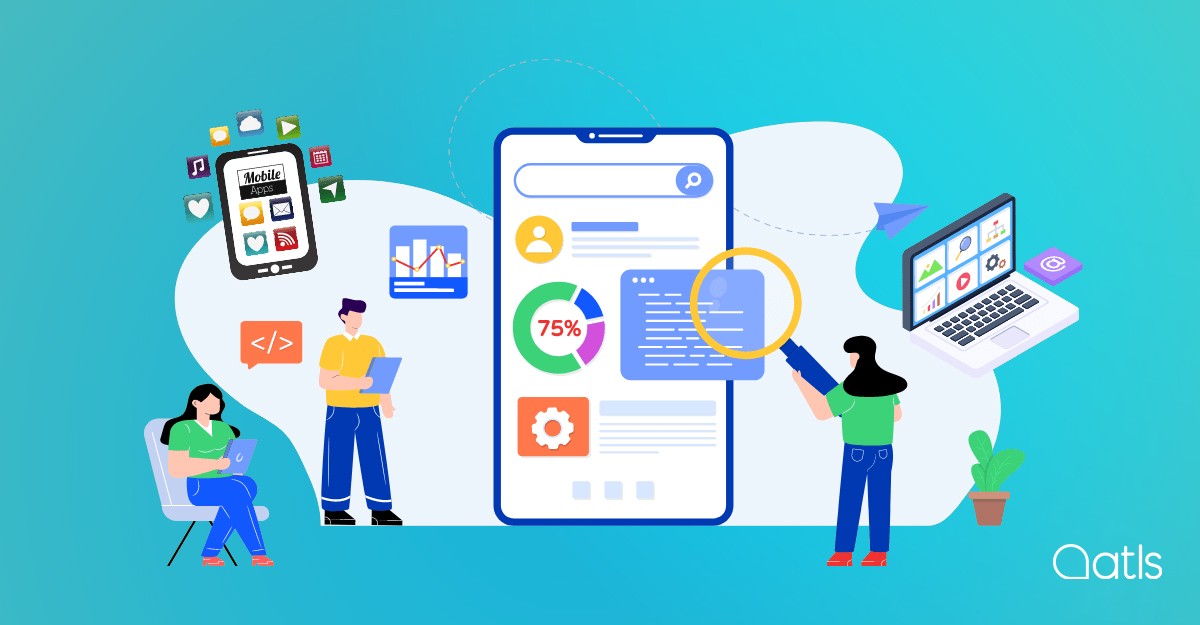Technology trends in the travel and tourism industry

Technological innovations have affected our lives in so many areas, including that of travel and tourism. The idea of the digital tourist, always accompanied by technology, is now a reality and this must be taken into account by the hotel and tourism sector. Technology is also essential in the tourism sector; helping us to select our destination, decide what we do when we get there and even what we do before we start our trip.
Internet is so necessary when we plan our holidays that, according to a study carried out by Google Travel, 74% of people who travel for pleasure plan their trips online, and only 13% do so from a travel agency.
How does this development in technology affect tourists?
The technological revolution in the tourism sector has been so huge that these are now the trends of the most professional travellers:
- Any destination, but at a good price: There are many people who will choose any destination so long as it is cheap. You might not know what to visit in Kraków, but if the tickets cost only €30, why think twice?
- Learn about the city from its inhabitants: Many travellers are now using applications to meet inhabitants of the city they plan to visit. This way, they can get the locals to show them around. What better way of discovering a city than with someone who lives there?
- Autoguide: Now that roaming has disappeared, at least in the European Union, we can find information on whatever we like, such as how to get there and even look for guides and autoguides in museums and monuments that we want to visit. This way we can plan our trip and learn about the history of the city at the same time.
How does this progress affect the tourism and hotel sector?
- Augmented reality (AR) and virtual (VR): In recent years, there has been a huge increase in companies using AR and VR for marketing contents or enhancing customer experience.
- Artificial intelligence (AI): Travel bots or machine learning are examples and, thanks to AI, some human interventions have become automated and processes are faster.
- Internet of things (IoT): Examples such as that of Lufthansa, which helps passengers to track their luggage, allows us to see the huge potential of this technology.
- Portable devices: More and more hotel chains or recreational spaces are offering, for example, smart wristbands connected to the infrastructure, which can help with waiting times, track locations and track guest activity.
However, technology that helps people communicate effectively in different languages is still to arrive, but you can be sure that technology applied to travel and tourism will target translation and communication.




